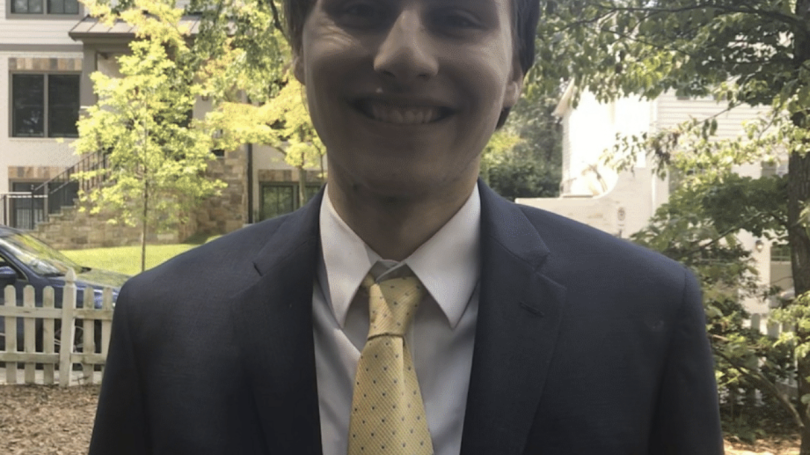
- Public Policy
- Leadership
- Funding
- News & Events
- About the Center
Back to Top Nav
Back to Top Nav
Back to Top Nav
Back to Top Nav
Michael Cleary '21 interned at the International Literacy and Development during the 2020 summer term. The following is an excerpt from his internship report.
Over the summer, I was an intern with International Literacy and Development, a medium-sized Texas-based nonprofit focused on economic and literacy development in a range of low-income countries in Africa, Asia, and the Americas. My path to that role began years ago, when I first began to take some classes at Dartmouth focused on languages and on economic development. For my final off-term as a Dartmouth student, I applied to ILAD, hoping to get some real-world experience within the field of economic development.
ILAD’s current work for many of its employees essentially deals with how to overcome the disconnectedness of their global network in the times of COVID. Luckily, it was an organization that had already had to operate remotely in many ways in order to manage projects around the world, but coming into this summer they faced brand-new challenges. One of these was improving their existing methods without any good ways to test their effects. My role was exactly that: I was a research intern focused on evaluating and improving methods for ILAD to make an impact on literacy and economic security. While a challenge in their field has always been how to promote economic growth without encouraging language loss, it was especially pertinent given that many of the communities they work with are being newly exposed to jobs in majority languages, which acts as a mixed blessing. My research originally started on how language maintenance problems could be undertaken in some way that was economically positive, or at least didn’t force people to choose between their language and their livelihood. However, over time, I found that there were very few models of how something like that would work, and so I shifted my focus instead. Discovering a correlation between language attitudes, economic stability, and family language policy, my research evolved to focus on methods that could incorporate some of these unseen connections in order to have a broader impact.
Working at ILAD, I was able to much better consider whether economic development is an interest of mine in the future. I worked with and spoke with people from my supervisor, Dr. Daniel Wilson, a linguist, to veterans of international aid work such as ILAD’s president. From the experience, my perspective has changed, and my summer internship has changed how I select classes at Dartmouth and how I’m planning for a future after graduation. Not only have I expanded my interest in this type of career, but I’ve also come to acquaint myself with some more specific roles that exist, and gotten to know some of the challenges and benefits of international development work.
Going into my final year as an undergraduate, I have definitely benefitted massively from this internship. Firstly, the skills I gained by confronting firsthand some of the challenges of international development and of remote workflow are already proving to be extremely useful. Furthermore, I’ve gained a valuable set of friendships and professional connections that can guide me as I plan for my own future career. Finally, I gained a perspective from the work that will help me as a Dartmouth student and found fulfillment in the way I spent my time this summer.
The Rockefeller Internships Program has funding for Dartmouth undergraduate students to help defray the cost of living expenses associated with a full-time, unpaid, leave-term internships in the fields of public policy, public affairs, and social entrepreneurship.